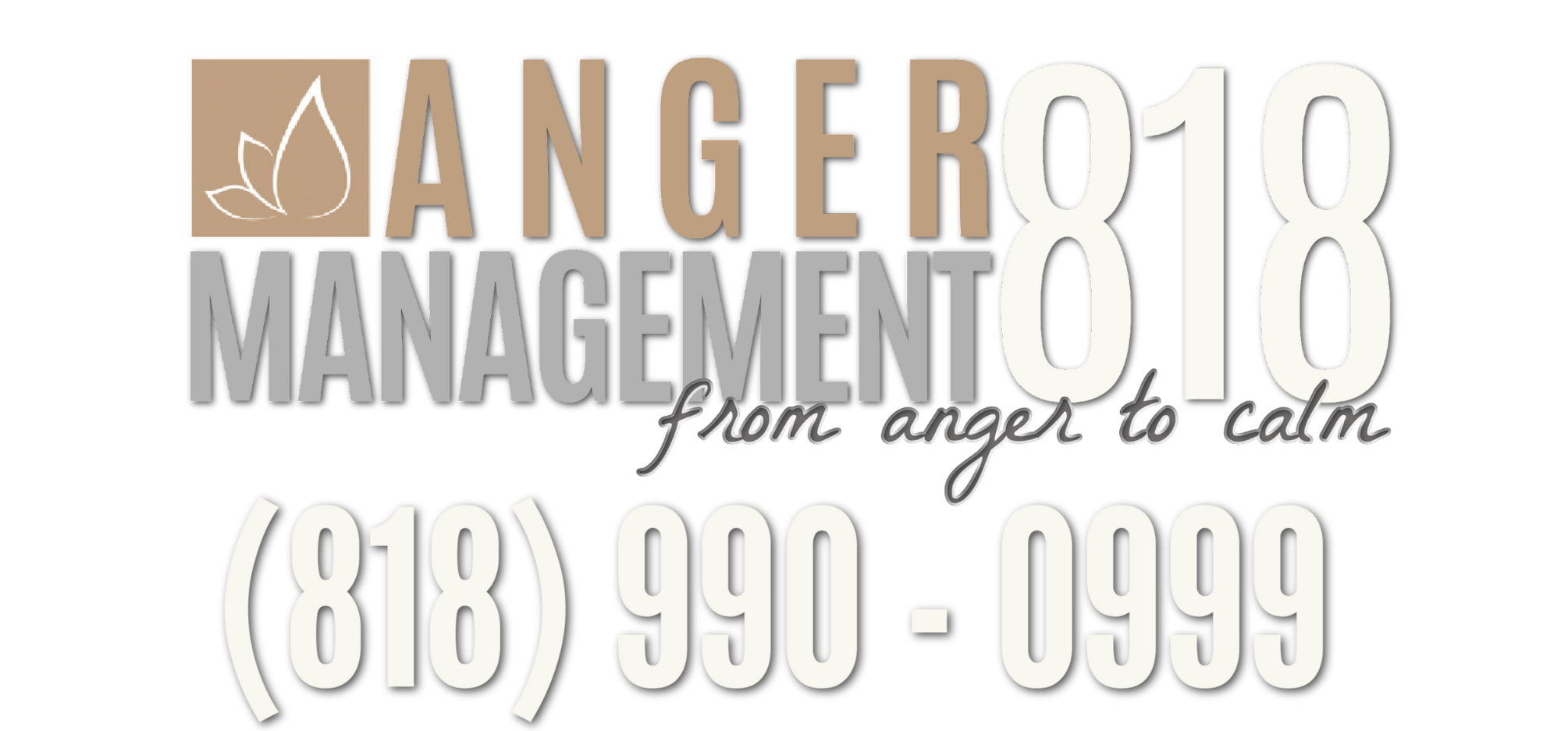When you hear the words “anger management,” what images come to mind? Do you see a room filled with individuals who appear bored or silently angry? Or perhaps you see a group of people sitting in a circle yelling and screaming at one another to get their point across? If so, you’re not alone. But I want to invite you to keep reading and to discover truths about anger management that are often not considered, and how it may also benefit you!
Did you know that we all get angry from time to time?
Yep! No secrets there. Everyone across the globe can attest to going through a time when they may have gotten angry, annoyed, or pretty upset about a situation. Right? But, if we all know this why then does the thought of taking an anger management class bring about feelings of nervousness, uncertainty, and even shame in some instances? Well, in short, the answer is that anger management classes have gotten what I like to call “a bad rap” (or a bad reputation) over the years. All too often in television or movies, it is portrayed as a scene with a room filled with men or women who are a menace to society or have criminal records.
The truth is, that everyone can greatly benefit from anger management.
Yes, everyone! From preschoolers to aging adults, anger management teaches individuals ways to acknowledge, recognize, and communicate the primary (more vulnerable) emotions that present themselves just before a person gets angry. This consideration may be unheard of or even sound odd. But I’ll explain more. However, first, let’s define anger and why an anger management class can be of help to us all.
First, anger is an emotion, not a behavior.
Any time anger is accompanied by actions such as yelling, punching walls, throwing objects, road rage responses, or “the silent treatment,” know that aggression (aggressive behavior) has taken over. Aggression is not anger and the more we choose to participate in aggressive behaviors, we eventually train our mind and body to bypass healthy emotions, trading them for behaviors we may later come to regret. However, when it comes to anger by itself, it is a protective, healthy feeling that shows up after experiencing another emotion first (e.g., hurt, fear, or sadness) – which is why anger is also described as a secondary emotion. Interestingly, there have been those who have said they don’t feel other emotions before becoming angry. But if they were to slow down and think about how they may have felt before an interaction or incident that angered them, most likely they will discover an emotion that showed up first, peeking out from behind the anger. Therefore, the key to learning how to manage anger in healthy ways is to: 1) acknowledge the presence of the first emotion(s), and 2) communicate how you feel once the anger has subsided, and you are in a calmer state. Now that we have a better idea of what anger is itself, let’s revisit how anger management is a valuable resource for all.
What’s the goal of anger management?
The goal of anger management is to both reinforce and teach individuals skills that foster greater calm and help them achieve peace in their lives and relationships. It is about learning the purpose and beauty of our emotions, and how they are designed to function in healthy ways when they arise. The more we learn about our emotions, and what are healthy vs. unhealthy displays of those emotions, the better we become at making decisions and handling our behaviors in response to anger showing up. Anger management outlines a plan to develop greater outcomes in our lives in areas such as improved health, better communication skills, healthy relationship development, forgiveness of self and others, as well as understanding anger triggers and how anger works, and more!
Get the support you need.
There is so much more that can be shared, but don’t take it from me, reach out and try it for yourself. Whether it’s your first time, or you’ve been thinking about taking a class again, the benefits of anger management are for everyone and can be beneficial for you too. To schedule a group or 1:1 session, our Anger Management 818 team is here to help you start on your way toward taking back control of your life. Call us to get started or for more information at (818) 990-0999. Group and individual anger management in-person sessions are available. Currently, we have anger management classes in Woodland Hills and Glendale and offer private anger management services in Sherman Oaks. Telehealth options are also available.
For more information, visit www.angermanagement818.com.

Letisha Hines is a Certified Anger Management Counselor, trained to help clients improve their overall emotional well-being. She facilitates several weekly virtual anger management groups and offers private sessions. Letisha attained her B.S. in Human Development and Public Health Administration and her Master’s Degree in Theology with an emphasis in Pastoral Counseling. She offers community health education counseling, and behavioral modification instruction (juvenile probation).




